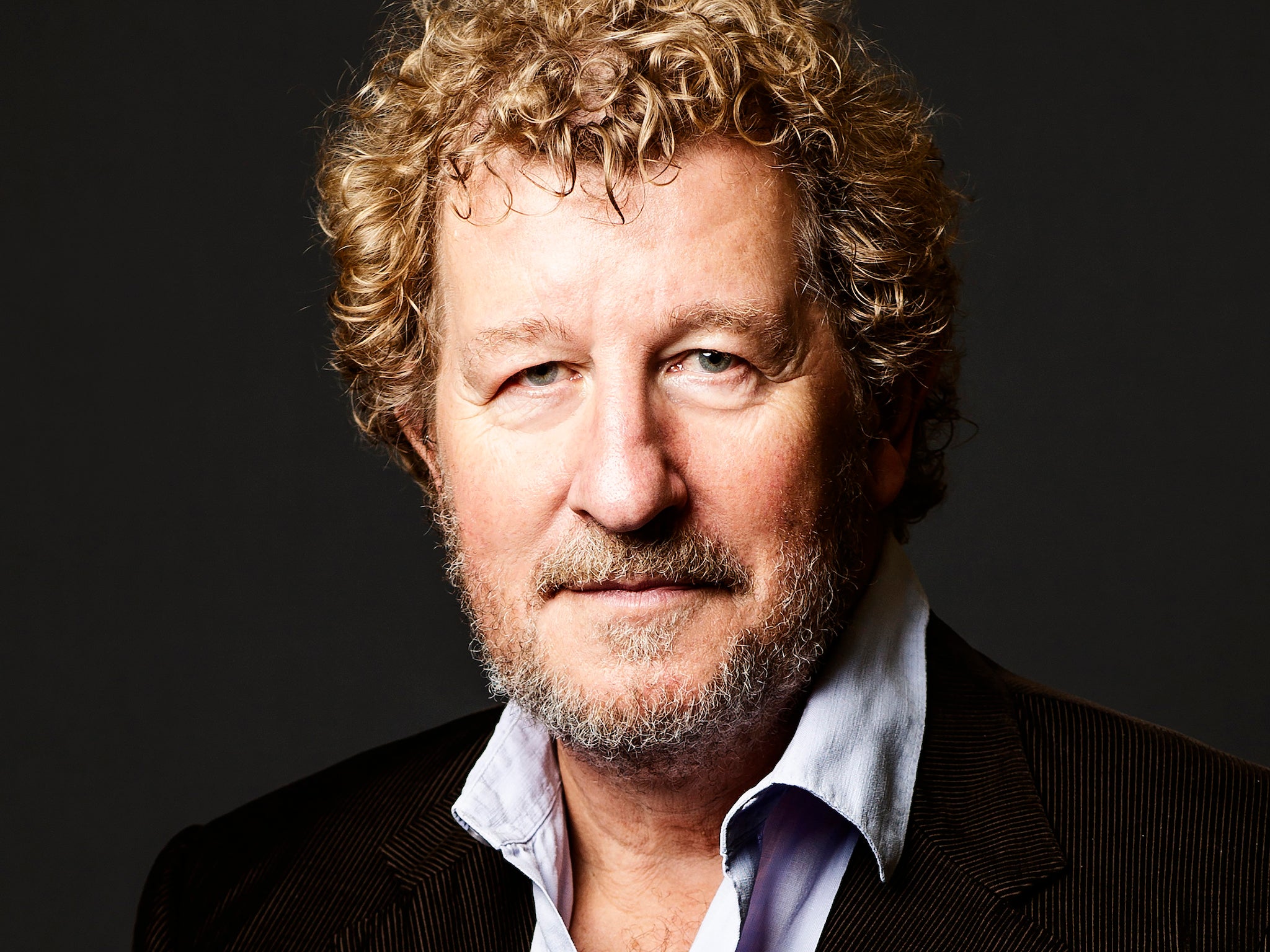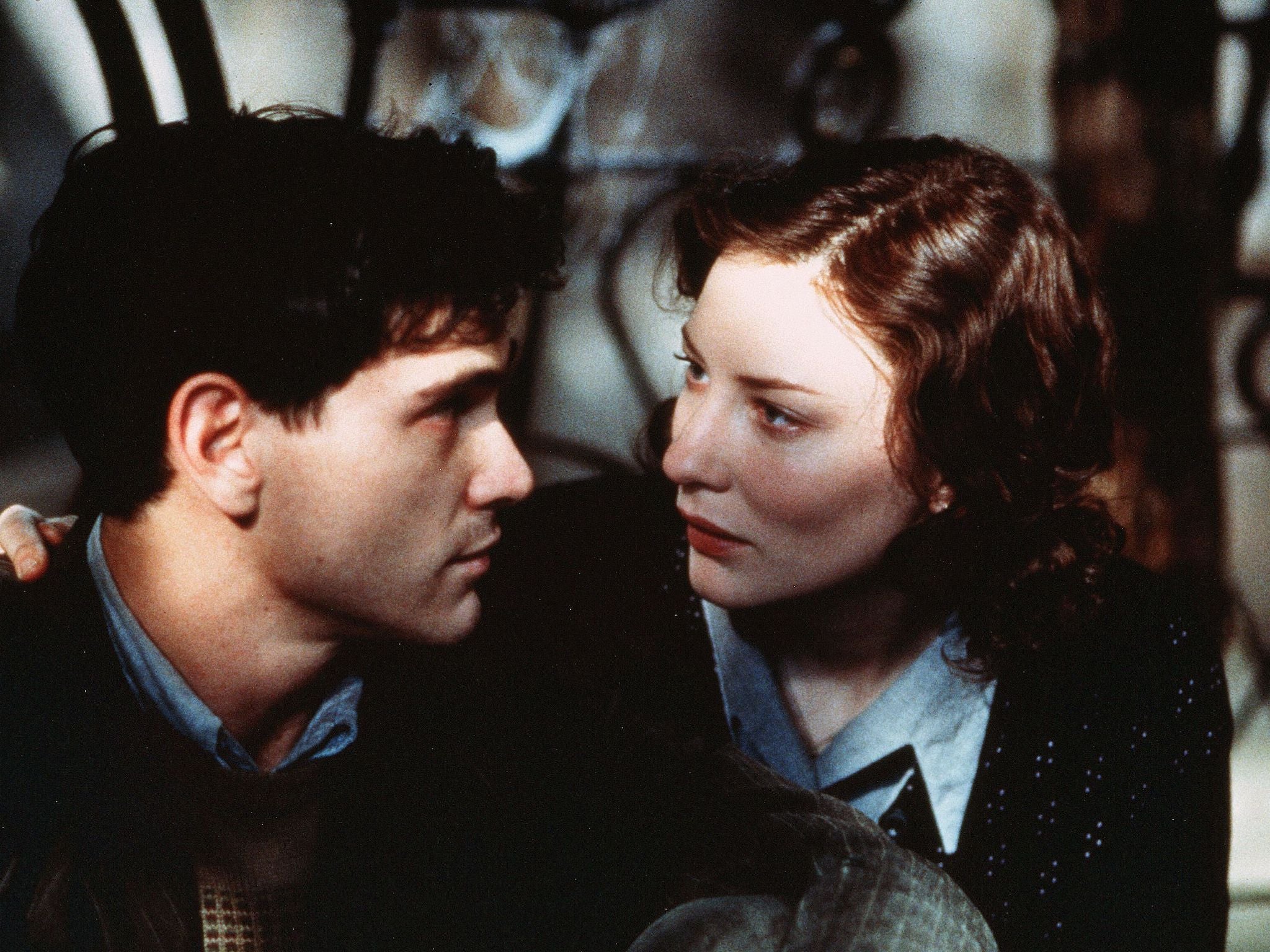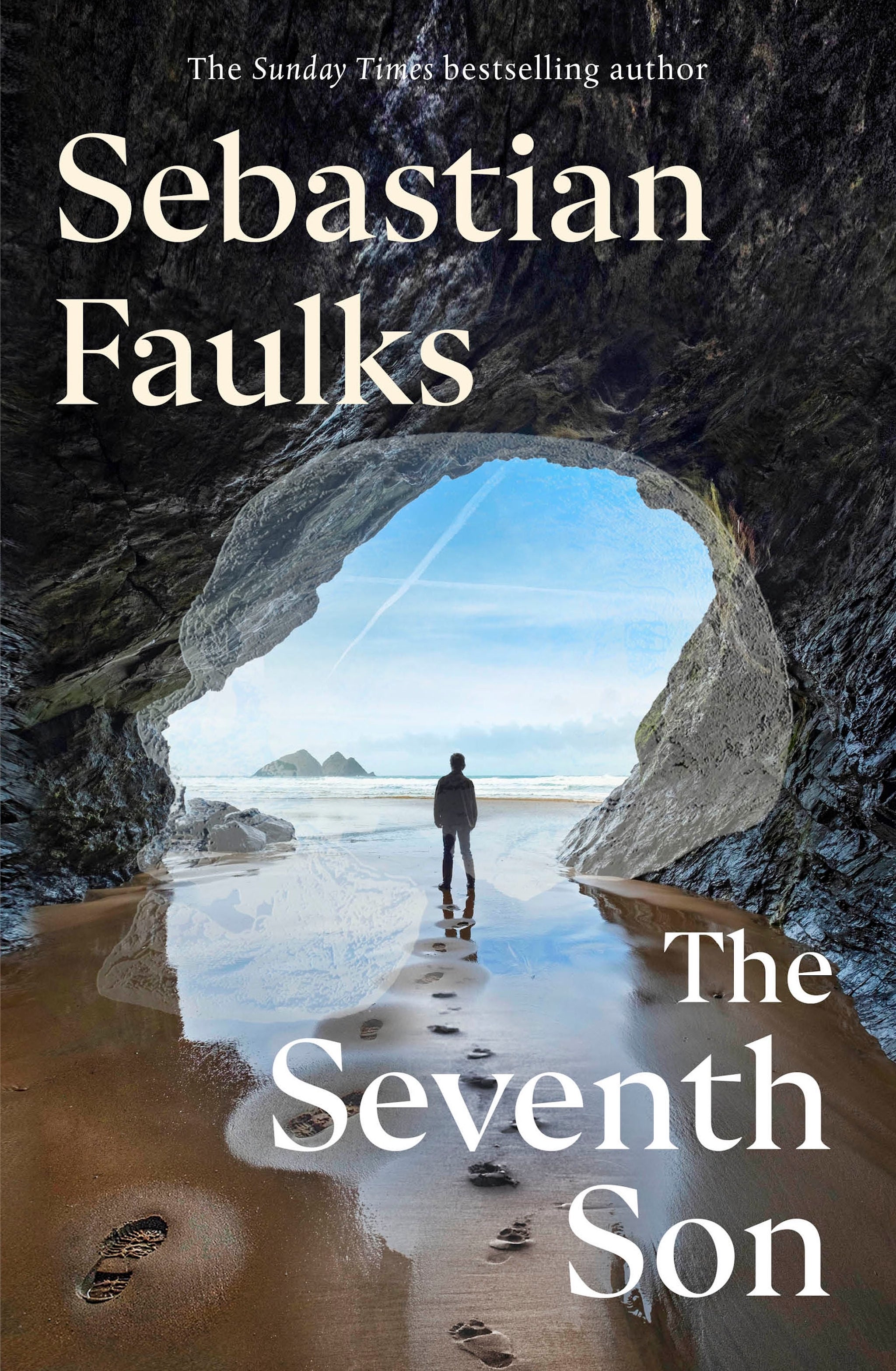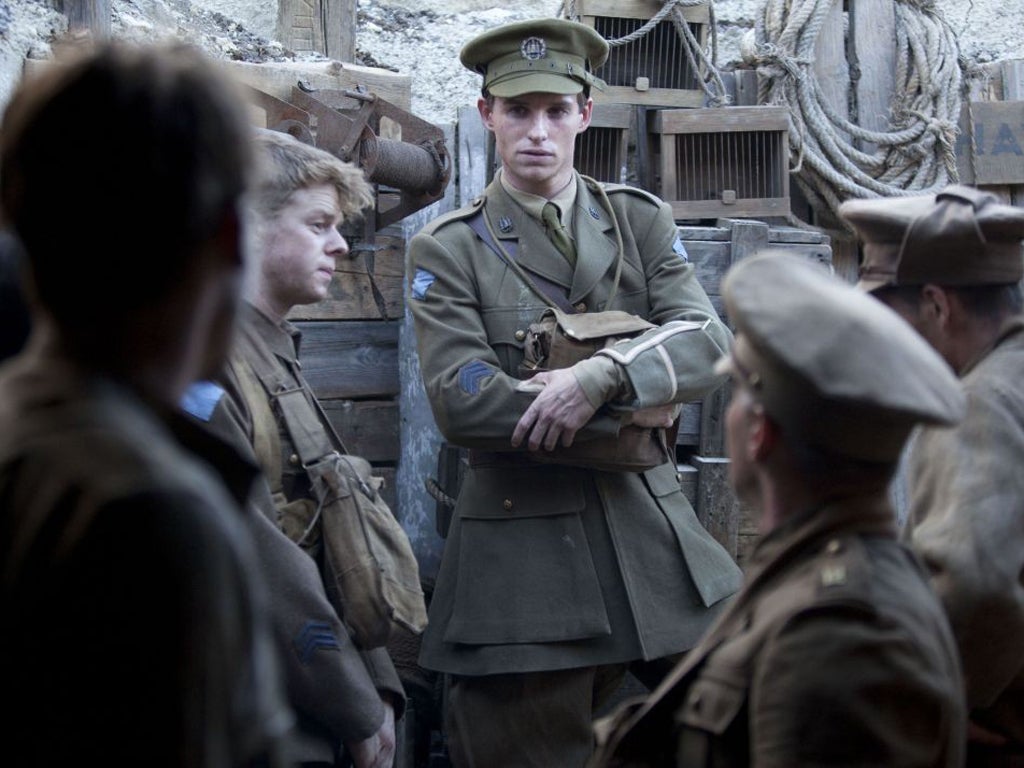Sebastian Faulks on his futuristic 16th novel and rewriting 007: ‘I stopped watching Bond when Sean Connery left’
The ‘Birdsong’ author has struggled to shake off the ‘historical fiction’ label, but his latest novel, ‘The Seventh Son’, is set in a futuristic fertility clinic. He tells Claire Allfree about human evolution, his former life as the Indy’s first literary editor, and what he borrowed from Bond author Ian Fleming

As part of his research for his futuristic new novel, The Seventh Son, Sebastian Faulks visited a fertility clinic in London. “I spoke to several embryologists, and at one point they let me operate the tube that fires the tadpole into the egg,” he tells me with a smile. “It wasn’t loaded when I used it, obviously. But I was able to twiddle the knobs and look through the microscope and see exactly what was going on.”
A “tadpole” is indeed fired into a woman’s egg in The Seventh Son, the 16th novel from one of our best-loved literary figures, whose 1993 novel Birdsong has sold more than 3 million copies. However, it’s not a human tadpole as we generally understand the term human to mean, but one produced entirely from Neanderthal DNA. The novel begins in 2030, and follows a couple who are undergoing fertility treatment. They are unaware that the resulting child, whom they name Seth, is the product of a deliberately manipulated sample.
It’s based on science, argues Faulks, that is entirely feasible today. “The novel didn’t start off as one set in the future at all,” he says. “What happens in the laboratory, it’s all viable. The point about Seth is that he is fully human, but in a different way. The differences are deep down in his DNA, not in the way he looks or anything [simple] like that. I wanted him to be like us, but also not quite like us, and in those differences I wanted people to think: might we as a species have been like Seth, had we developed slightly differently?”
A melancholy, existential thriller that pivots on questions of ethics, identity and genetic difference, The Seventh Son is ostensibly the story of an Elon Musk-style billionaire whose amoral interest in the human genome impels him to play fast and loose with the literal building blocks of another human life. All the same, a novel set some time into the future may seem like a leap for Faulks, who is known most for his period novels: Birdsong, the epic First World War story, which was made into a two-part BBC drama starring a young Eddie Redmayne, remains a landmark novel in how we reckon with the memory of history.
Yet that novel, alongside Girl at the Lion d’Or (1989) and Charlotte Gray (1999) – together forming a loose French trilogy, the last of which was made into a 2001 film starring Cate Blanchett – has earned him a reputation as a historical novelist, which he has struggled to shake off. In truth, his career, stretching across nearly four decades, has for years been settled in a steady gear, producing reliable, relateable, readable and often unexpected fiction that is deeply engaged in the workings of the human soul and, more recently, the human brain. His more recent novels, in particular, have taken a forensic interest in consciousness and neuroscience, beginning with 2005’s Human Traces, about the development of psychiatry in late 19th-century Europe.
“My first set of books were really about the question ‘Who are we?’,” he agrees. “And ‘Why are we in such a mess? Why were our grandparents and parents involved in world wars? And why did I grow up in the middle of the Cold War on the verge of mutually assured destruction?’ And having written a lot about that, I concluded we are very odd creatures. Then the second run of books I’ve produced, culminating in The Seventh Son, have asked the question ‘What are we?’ And ‘How might we have been different?’”
Certainly, The Seventh Son, a brainy slab of speculative fiction, poses unsettling questions about the history of evolution, the ethics of genetics and the nature of human consciousness, while educating the reader in all they might wish to know about the miraculous – and extremely dangerous – possibilities of science. Not to mention our genetic story.
“I want the reader to engage in a thought experiment,” says Faulks. “Had evolution taken a different path, then it’s possible there would have been four different human species walking around today. And it could also be true that if there were to be just one species, it might not have been Homo sapiens but Neanderthals. Or if there had been more interbreeding, then the resulting species would have been quite a different creature, and adjusted to the world in quite a different way. Perhaps it would have been much less aggressive and much more willing to get on with the rest of the world.”
So few novelists dare to tackle the world of science, I tell him. Why does he think that is? “It can be pretty hard to keep the pace of a narrative going if you have difficult stuff to explain. I always think of that comedy character in Austin Powers, Basil Exposition. You don’t want Basil. But I think I’ve finished with this subject. I’m hoping there will be a third chapter in my writing career, but I don’t know what that will be about until this one is over. Fingers crossed there will be a third one.”

It would be unlikely if, for that third chapter, Faulks turned inwards, towards the realm of the personal so favoured by today’s generation of younger writers. The diaristic, confessional, loosely autobiographical novel is not for him. “I always try to write novels that are outward-looking, that combine historical detail or social background,” he says. “But I also try to go deep into the feelings and emotions of the characters as well. I don’t see it as a binary choice. Novels can be intimate and epic at the same time. You only need to read The Great Gatsby to realise that. But this current trend for introspective novels: it’s cyclical. That’s the thing about literary trends: they all pass, like waves on the seashore.”
Now 70, Faulks initially combined writing novels with a career with this newspaper, joining as The Independent’s first literary editor when it launched in 1986. “Those were the days of hope!” he says with a grin. “When we launched, we had the space to review novels properly, which no other paper was doing at the time. Our very first lead review was AS Byatt on the new John Updike. All the other papers had to rush to catch up.”
Anthony Burgess, Kingsley Amis, Iris Murdoch – they never sold any books, either
He is phlegmatic about the seismic changes in the literary culture since those halcyon days in the 1980s and 1990s, when celebrity authors such as Martin Amis and Salman Rushdie swaggered about the Groucho like rock stars. “It’s true the numbers of literary novels are quite well down in terms of sales, compared to the 1990s,” he says. “Book reviews no longer count for so much. What matters is a tweet or TikTok video. But the people who were famous before my generation – Anthony Burgess, Kingsley Amis, Iris Murdoch – they never sold any books, either.
“None of them made a living out of writing, apart from perhaps John Fowles, perhaps because the film of The French Lieutenant’s Woman was so successful. That’s really worth remembering, because younger writers might look at someone like Zadie Smith, who makes it look so easy, and wonder why they still have to do the teaching job. But, you know, that was always the way. I sold my first novel [A Trick of the Light, in 1984] for just £1500.”

Faulks, of course, hasn’t needed the teaching job for decades. He gave up journalism to write full-time following Birdsong, and his success has rested on his seemingly effortless ability to combine high-quality literary fiction with a populist touch. He speaks rather in the manner in which he writes – with an air of cordial, easy-going erudition. Moreover, he is unusually versatile: in 2006, he was commissioned by the Ian Fleming estate to produce a new Bond novel, Devil May Care, to mark the 2008 centenary of Fleming’s birth. “I’m not a Bond fan. I stopped watching when Sean Connery left. So I had to get up to speed pretty quickly. It took Fleming on average six weeks to write a Bond novel. So I gave myself six weeks, took all the bits from his first five books that I liked, and left out the ones I didn’t.”
He rarely writes novels set in the immediate present, the exception being 2009’s A Week in December, about the 2008 banking crisis. “It’s hard to interpret the present when you are in it,” he says. “But I also feel strongly that that’s the job of journalists. I feel very sad that newspapers don’t have the resources, the money, the reporters, or the time to do that in the way they used to.”
When the Grenfell Tower fire happened, in 2017, he was rung up by a newspaper and asked if he wanted to write about it, simply because he lives in the area. “I told the editor I didn’t think I could. To write about it properly needs several reporters and several weeks. Otherwise you just get a lot of people mouthing off, and who wants that? In terms of having a view, you need to have perspective.”

Yet if he resists the present moment in his writing, he also dislikes the term “historical fiction”. Paradoxically, his novels, whenever they are set, are always on one level contemporary. “To me, Charlotte Gray and The Seventh Son are both set in the Forties. It’s just that one is set in the 1940s and one in the 2040s. But I don’t see one as a historical novel. And I don’t see the other as particularly about the future.”
‘The Seventh Son’ is out now, published by Hutchinson Heinemann. Sebastian Faulks will be in conversation with The Independent’s chief books critic, Martin Chilton, at the Henley Literary Festival, today at 12pm. Buy tickets for the in-person or live-stream event at henleyliteraryfestival.co.uk or catch up later at independent.co.uk
Join our commenting forum
Join thought-provoking conversations, follow other Independent readers and see their replies
Comments


Bookmark popover
Removed from bookmarks